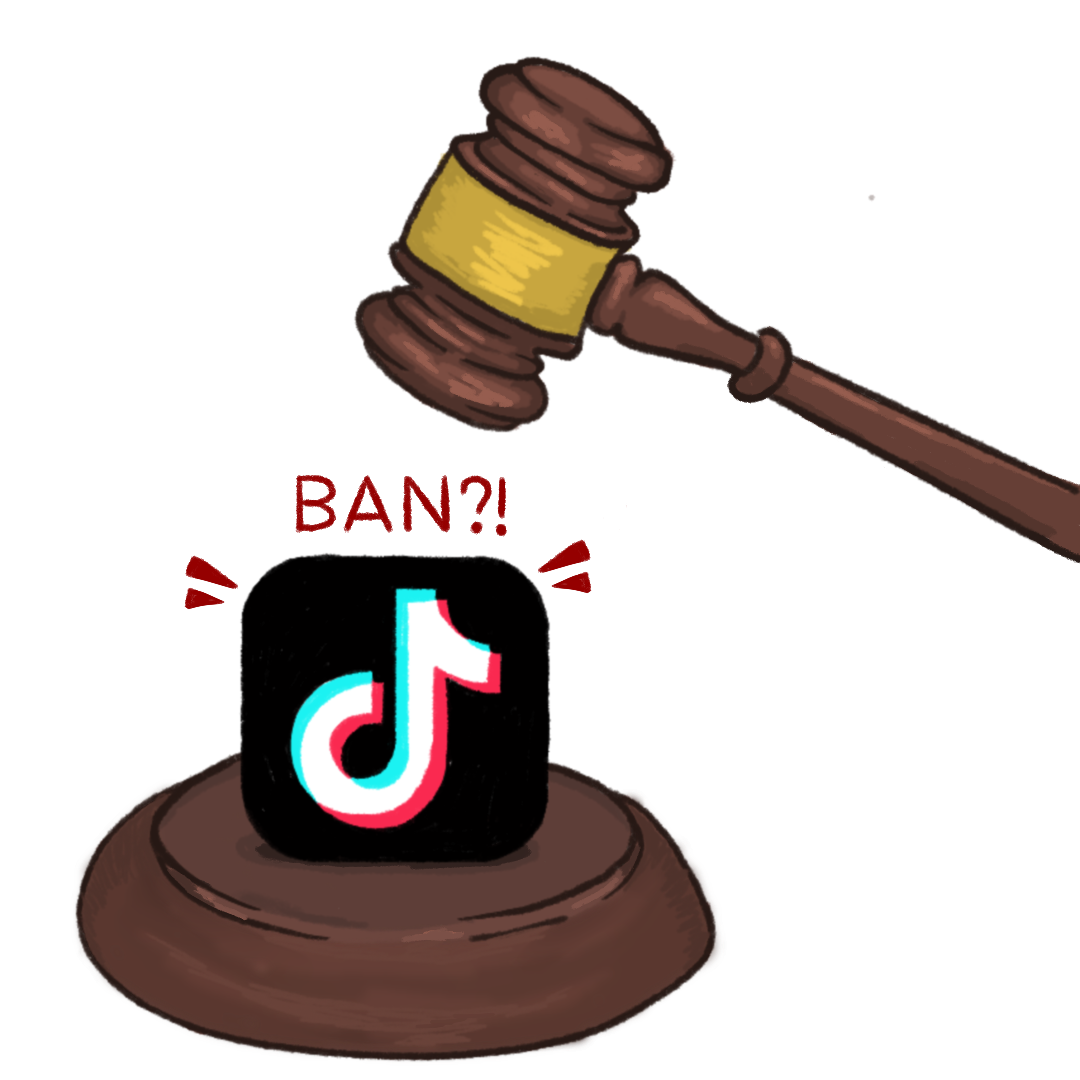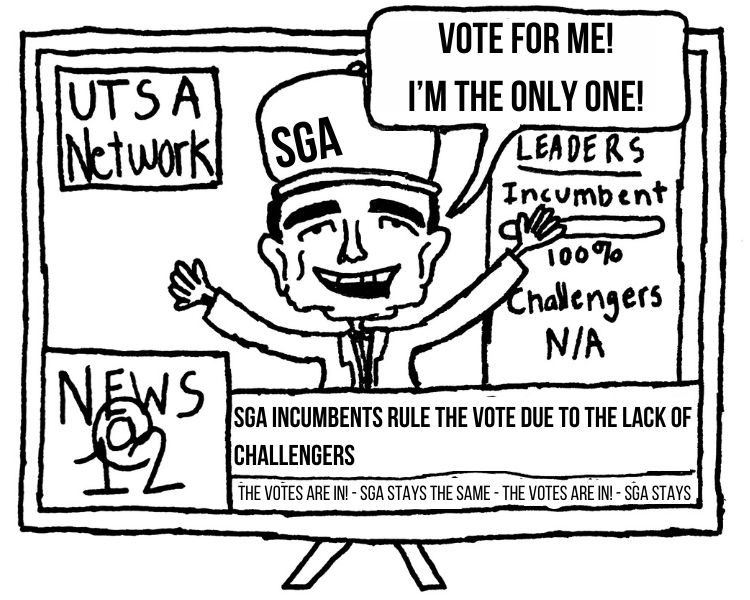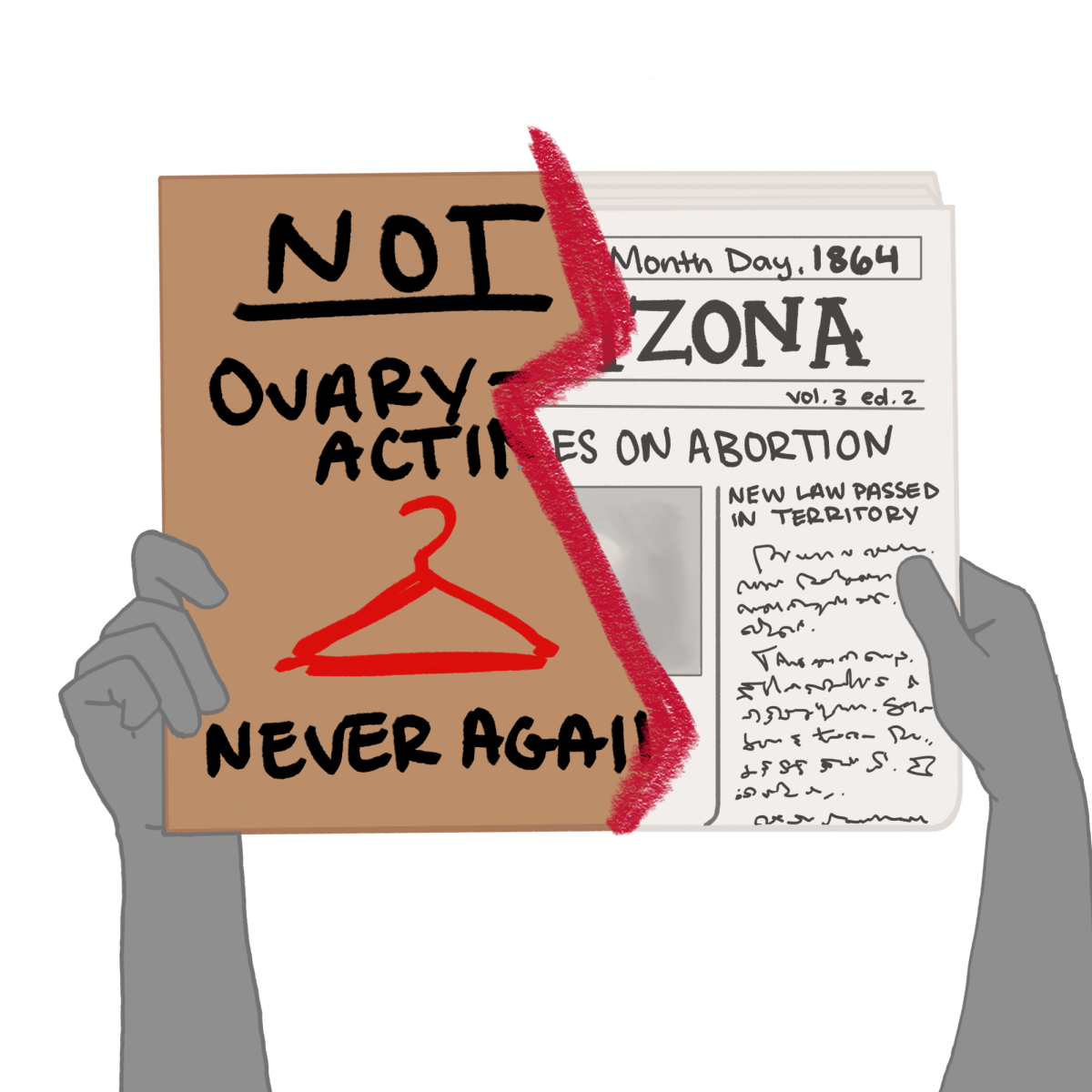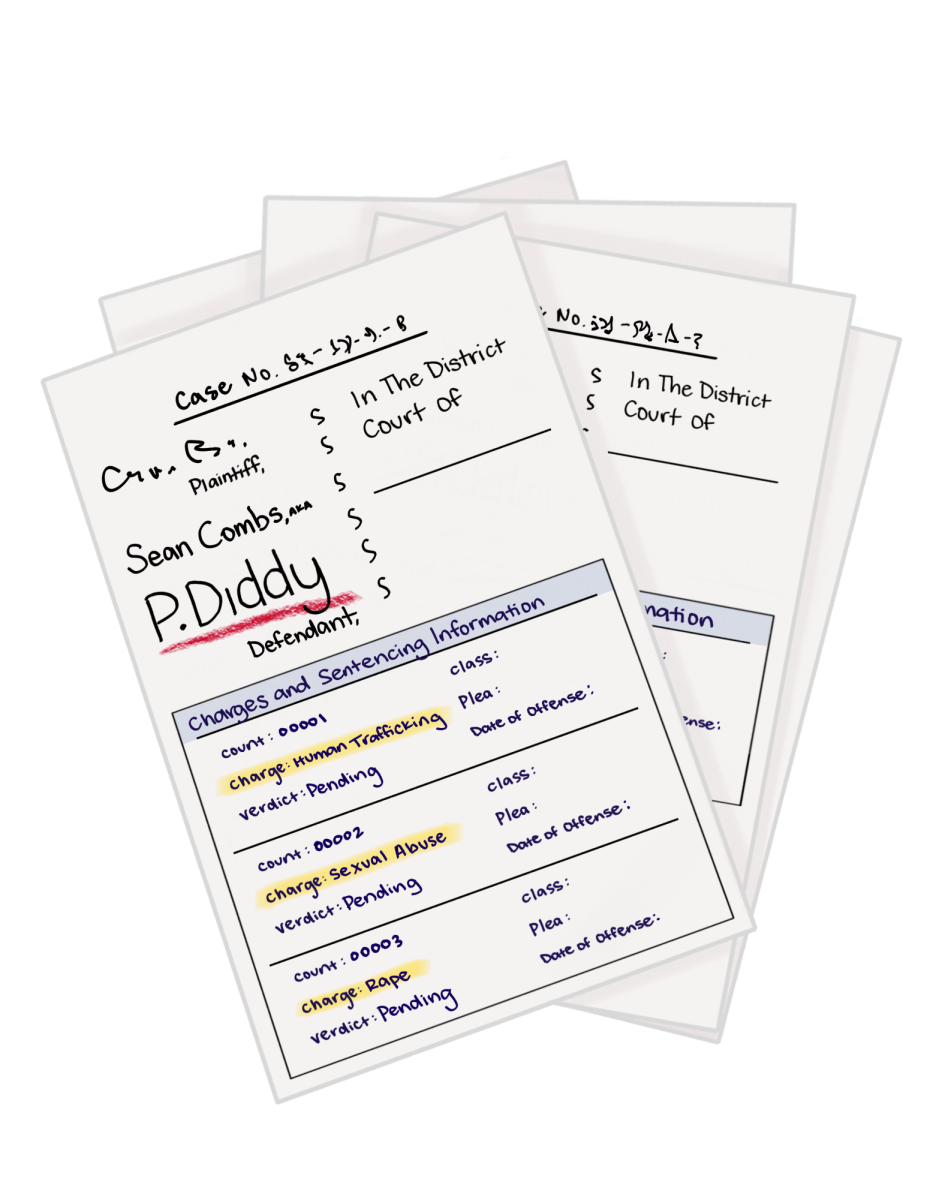Freedom of speech is an enigma. The responsibility it carries seems to contradict the very concept of freedom, even though the right to have it is the ultimate representation of liberty, particularly the American concept of liberty. They can restrict our means of gathering for a political cause, they can monitor our rights to bear arms and defend ourselve, and they can even take our land for the benefit of ulterior entities.
And yet the freedom of speech is a collegian’s most powerful weapon and higher education should be the arena in which that right can be allowed to grow and develop. There should not be rules or amateurish authoritarianism to stop a collegian’s right to speak out; instead, there has to be a level of respect from the school administration to allow a student’s natural intelligence to determine what is responsible and what is irresponsible.
A few weeks ago, when a group of students caught wind of yet another tuition increase, they took action and tried to raise awareness. For one particular student, one whose confidentiality I’ll respect, their initiative to speak out was not only inhibited, their rights as an American citizen were violated as well as the subsequent treatment of this person afterwards.
This was unsettling, since just weeks before, I had heard that if an UTSA police officer asks you to do something, even without a strain of probable cause or evidence, and you refuse, you can be arrested and incarcerated which, unfortunately, happened to that individual. It’s reasonably frightening to think that you don’t even get the benefit of being an American citizen. Either submit or risk jailtime, losing financial aid or even your degree.
There’s a certain level of sensitivity in regards to the rights of a student that never seems to be addressed. Even though students have to take on thousands of dollars of debt in order to achieve a higher level of education that’s absolutely paramount to them being functional citizens, we don’t feel as if we’re respected as adults or individuals with their own share of responsibilities.
This person was treated as something less than a typical protestor: they were treated as a second-class citizen rather than someone sustaining the financial infrastructure of the school system. This is all the more frustrating since, unlike most students in grade school, most of us have to take on a sizable amount of financial aid just to be part of this institution in the first place.
Perhaps this incident is all the more poignant considering the very thing these students were protesting. Tuition is already at a dangerous level and has wrapped this particular generation of college students into a level of debt that many will struggle for years to get out of. And that’s if they’re lucky to get a job in the current market.
Considering what is at stake for students, there has to be a level of respect and understanding. Continuing to treat the school system like an extension of high school is disrespectful to the collegian body and to the pursuit of higher education. It undermines the high stakes that we have to deal with to be a serviceable working-class in a society that failed in its promise to provide an accessible job market despite an emphasis on educational standardization and the importance of a college degree.
So, if we are speaking out, consider it not only a constitutional right, but the rights of an intellectual putting his future life at stake by taking on debt for the pursuit of a sustainable career and lifestyle. This isn’t high school; we’re not just a group of kids complaining about money. If you’re going to make us pay more money when we’re already indebting ourselves, then please, give us some respect and the benefit of the doubt if we decide to call you out on it.

















